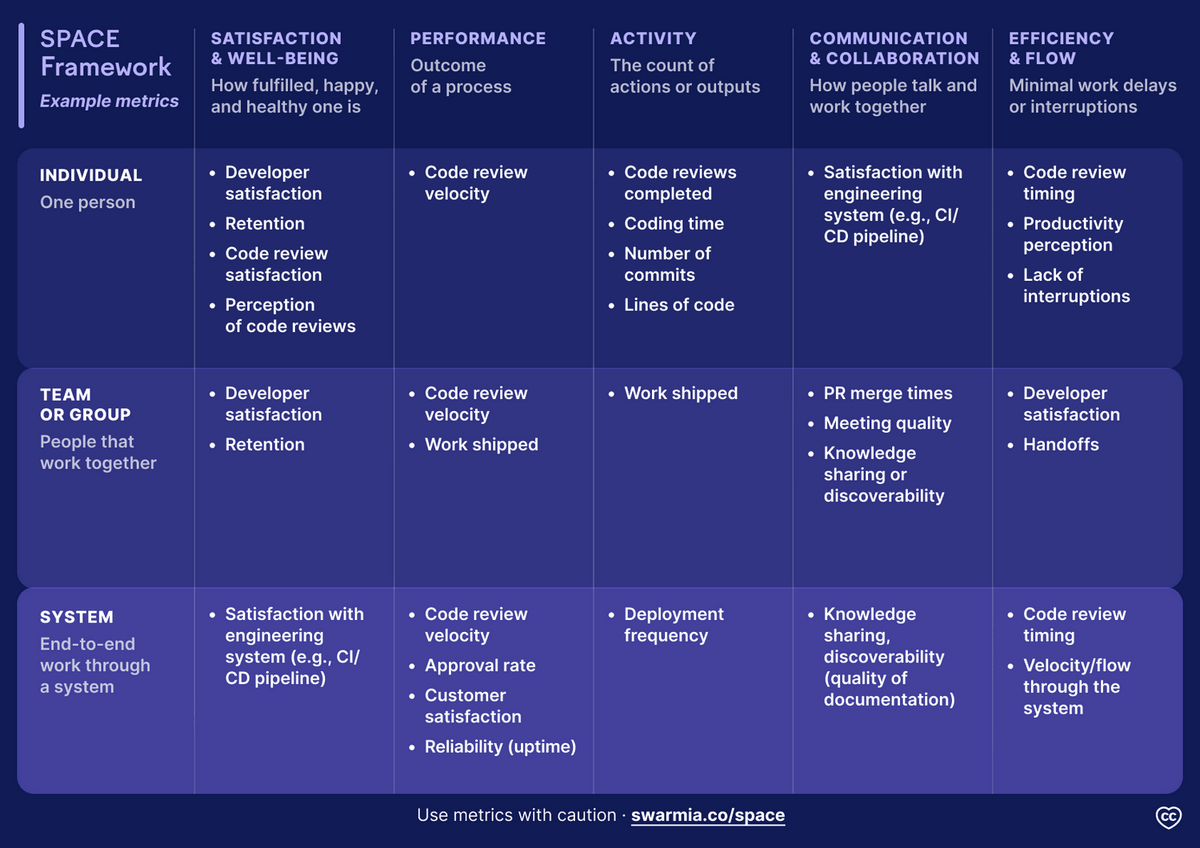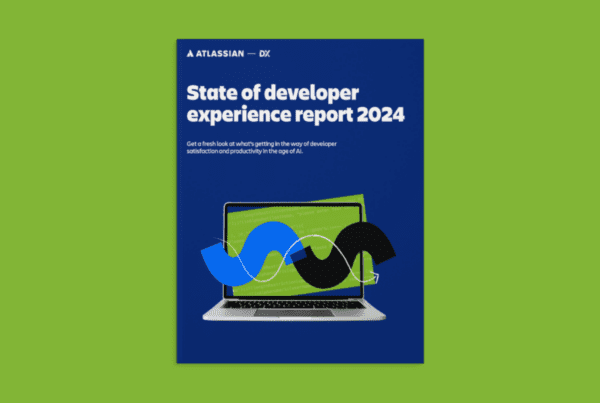In today’s fast-paced tech world, it is more important than ever for developers to be able to work quickly and efficiently (and happily).
Unfortunately however, this isn’t as easy as it seems as reports have been coming in over the past few years, with some astonishing figures!
“A third of developers say they spend approximately 24% of their time fixing bugs instead of writing code.”
“Forty-four percent of developers identified fixing bugs and errors as their biggest paint point.”
“22% of developers said they feel overwhelmed when using manual processes to address errors in software. Nearly as many said it leads to burn out.”
Ultimately, these blockers and are leading to a feeling of frustration in developer teams and eventually it will lead to burnout – if it hasn’t already. Burn out is the last thing Managers want for individuals within their teams. It is much easier (and in the long-term more cost-effective) to put preventative measures into place than to react to the problem.
So what are the solutions?
Note the use of the plural ‘solutions’. There isn’t a quick fix to this, but looking at holistic approaches to accurately and fairly measure Developer Productivity and combining this with good Developer tools to supercharge productivity seems like a very good place to start.
Developer Productivity refers to how productive a developer is during a set-time frame based on certain criteria set by an organization. There are various schools of thought on what criteria ‘developer burnout’ should be measured against.
In the thought-provoking and insightful paper ‘The SPACE of Developer Productivity: There’s more to it than you think‘, Nicole Forsgren of GitHub and fellow collaborators from the University of Victoria and Microsoft Research set out to debunk the common myths and misconceptions about developer productivity. These include:-
- Myth: Productivity is all about developer activity. As with all jobs (and life), being ‘busy’ doesn’t necessarily mean being ‘productive’. “Activity metrics…should never be used in isolation either to rewards or to penalize developers.”
- Myth: Productivity is only about individual performance. “Similar to team sports, success is judged by both a player’s personal performance as well as the success of their team.”
- Myth: One productivity metric can tell us everything. Using a single metric e.g. ‘lines of code or number of commits’ are “potentially most threatening to developer happiness.”
- Myth: Productivity Measures ARE useful only for managers. We have heard direct from developers how productivity measure are misused when it comes to layoffs and stream-lining teams. This poor management has lead to developers claiming that these measure aren’t useful, however they do claim that they find “value in tracking their own productivity” says Nicole et al.
- Myth: Productivity is only about engineering systems and developer tools. Tools and workflows are important but so are human factors such as work culture and environment, which all too often get over looked as barriers to productivity.
New approaches, such as The SPACE Framework encompasses several metrics to measure developer productivity and the overall ‘Developer Experience’ of the team.

‘Developer Tools’ play a big role in trying to alleviate developer burnout by creating useful applications, automating tasks, debugging code and managing dependencies.
Developer Tools can be in the form of linkers, compilers, code editors, GUI designers, assemblers, and more!
Essentially they assist in optimizing processes to deliver business value rather than wasting time on repetitive tasks.
It can be a daunting task to select the right tool for the team, but selecting carefully based on the problem you need to solve can significantly supercharge the team’s productivity.
Here’s a starting point if you’re on the look out for the right tool for you: 7 Best Developer Productivity Tools of 2022 | Developer.com
In a world where time is of the essence (and often costly), it is overwhelmingly apparent that a combination of…
- systematic productivity frameworks, and
- reliable developer productivity tools
are more important than ever in helping developers increase their productivity and overall velocity to achieve happiness, and success!



